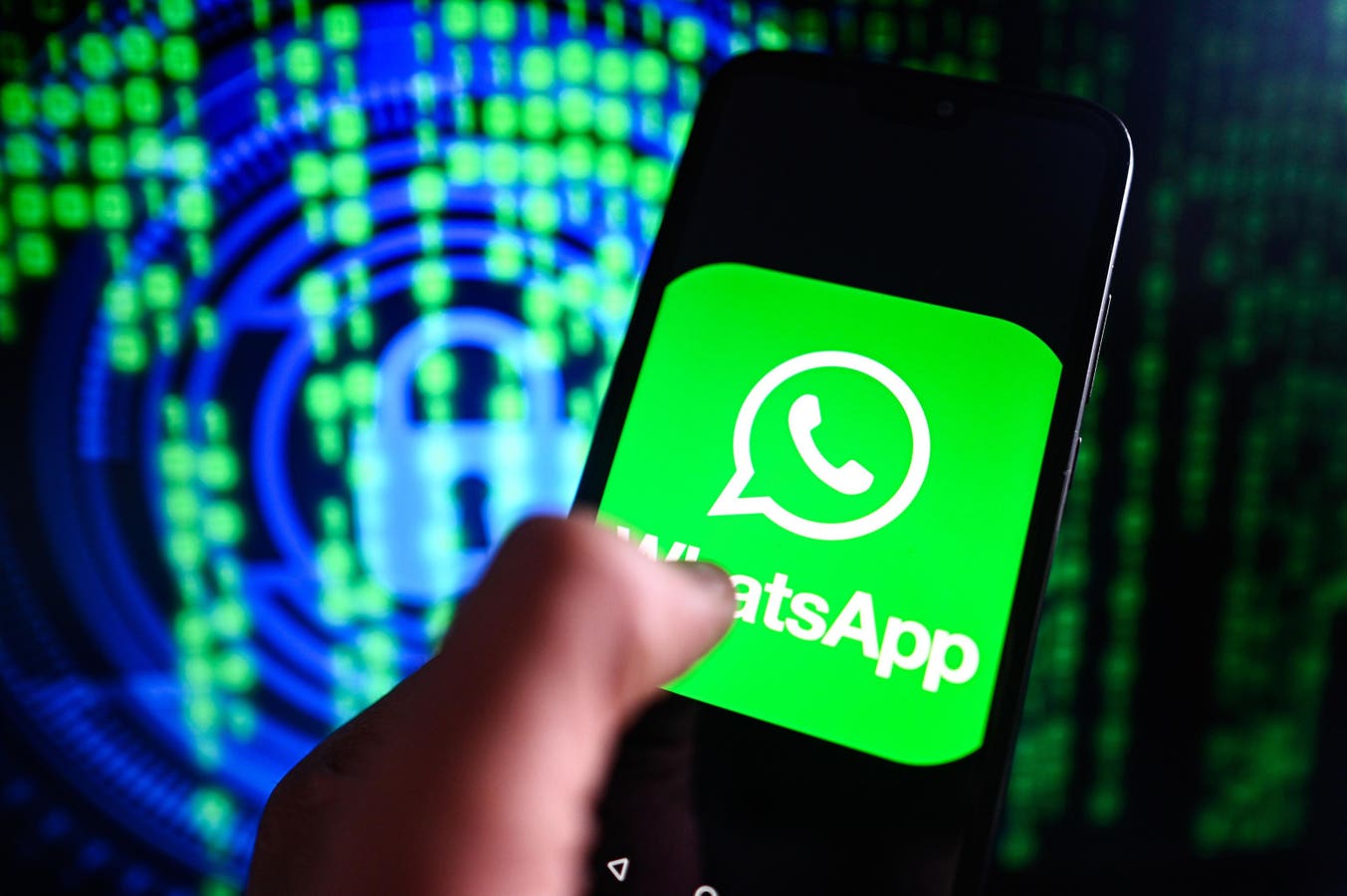Updated March 30 with more details of the change and how it will work for iPhone users.
WhatsApp users on Apple iPhone can now choose the popular messaging service as their default app, from today. It will also work for calls and there are ramifications which will apply with Siri, too. And before you decide, there are changes that it will make to how your iPhone works—more details below.
WhatsApp updated on iPhone
It’s all a bit of a surprise, because Apple had previously said that the capability to pick preferred default apps would be for European Union users only, but now it’s available worldwide.
Until now, it was possible to choose various email apps as default, or choose between FaceTime, Zoom or the iPhone built-in Phone app for calls.
But the option to choose WhatsApp as your messaging service is brand-new, and arrived on Thursday, March 27 with the latest app update for iOS, version 25.8.74.
WABetaInfo noticed the update and said it was available for some beta testers, but it’s now rolling out for general use. As soon as you’ve updated to the latest version, you should see it as an option.
Here’s what to do after updating: open the Settings app on the iPhone, choose Apps and then the section at the top of the next page marked Default Apps. Here, you’ll find a list of default apps you can manage, such as email, call filtering, browser and more. Under Messaging, you’ll see two options, Messages (the iPhone’s iMessages) or WhatsApp.
The same applies for Calling apps. Previously, I could choose between FaceTime, Phone and Zoom for my default calling app. After the update, WhatsApp was added to the list.
Of course, changing the default won’t stop calls coming through by Phone or other apps, but it means that, for instance, if you choose a phone number in Apple’s Contacts app and click on it, it’ll dial via WhatsApp instead of the Phone app.
But that doesn’t mean that the only change is the way your calling app of choice looks. WhatsApp calls are exclusively done via data, which is also the case for FaceTime and FaceTime Audio.
The built-in iPhone Phone app, however, uses the cellular network first, usually and then turns to data secondarily—assuming you have Wi-Fi Calling turned on.
To check this, go to Settings and scroll down to Apps. Since iOS 18, Apple has relegated the Phone app to the list of apps rather than having it in the priority areas such as Bluetooth and Battery. When you get to Apps, tap it and you’ll see all your installed apps in list form. If there are a lot of them, save time by tapping the P in the alphabetical list on the right, and choose Phone.
Under Calls, you’ll see Wi-Fi Calling and set this to on. Note that it does eat into your data allowance, though audio calls aren’t big consumers.
But the benefit of the Phone app is that if the cellular network is strong but the wi-fi or data signal is weak, you can still make calls easily.
When WhatsApp or FaceTime or Zoom is specified as your default app, these will use Wi-Fi connections only, which could in some situations be less useful.
As for texts, when you want to message someone, it’ll send it via WhatsApp by default if you’ve made the change, rather than Messages. As you’ll know, iMessages show up in blue, and messages from other networks in green. WhatsApp, however, makes no color-contrast according to whether the sender users Android or Apple.
As Millie Turner at The Sun has pointed out, the update will change how Siri behaves. “if you tap a phone number in the Contacts app, it will automatically dial them on WhatsApp instead of via the native Phone app. Same goes for if you want Siri to draft a hands-free message to one of your contacts – the text will be sent via WhatsApp over iMessage,” the report notes.
Turner also says that initial reactions have been uneven. “The feature has been met with a mixed reception – with some WhatsApp users saying they’re not keen on having a third-party app handle all their communications,” the newspaper says, quoting users on X who are reluctant to trust their calls and texts to third-party apps.
How big a difference will this make? Outside the U.S., where WhatsApp has a massive following, it’s likely it will have an impact, for sure. But users in the States may feel they’re happy with the regular Phone or FaceTime apps for calls, and Messages—with those blue bubbles—for texting.

